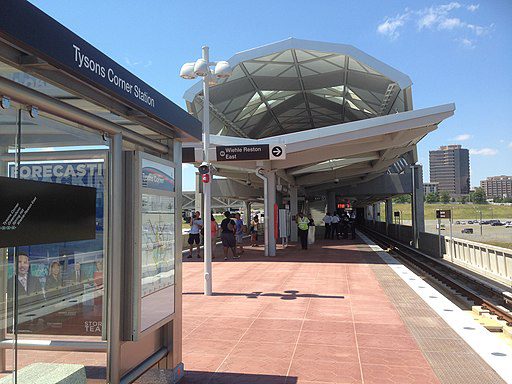Making It Work
In some places, affordability advocates are being highly proactive, working well ahead of time to put concrete permanent affordability options in place. The Atlanta BeltLine is a $2.8 billion light-rail project intended to create a network of parks, transit, and multi-use development along a 22-mile rail corridor, replete with 33 miles of bike and pedestrian trails. According to organizers, the project is expected to generate more than $20 billion of new economic development and approximately 30,000 new jobs throughout its 25 years of development. A network of community land trusts is being created to prevent displacement and ensure access to the BeltLine’s amenities for lower income residents (details on pages 12Ð28).
In places with fair share or inclusionary requirements in place, affordability advocates may just let them apply to TOD, letting the transit spur development in a
trickle-down fashion. New Jersey, for example, imposes a growth-share affordable housing mandate, requiring that at least one out of every five housing units created in a municipality be affordable and that one affordable housing unit must be provided for every 16 jobs created in a municipality, measured by new commercial development, so the new development likely to have been spurred by the increased transit service of the Access to the Region’s Core project would have automatically generated new affordable units near transit.
Some ARC-spurred TOD plans, like New Brunswick’s, included more than the minimum required number of affordable units — of less than 200, 38 were to be affordable. Whether or not projects like this would have been enough to counteract displacement from rising costs is unclear, however. Unfortunately, the $8.7-billion project, which would have doubled the number of daily commuter trains to New York City, has been cancelled by the state’s governor, Chris Christie, who cited potential cost overruns.




Comments